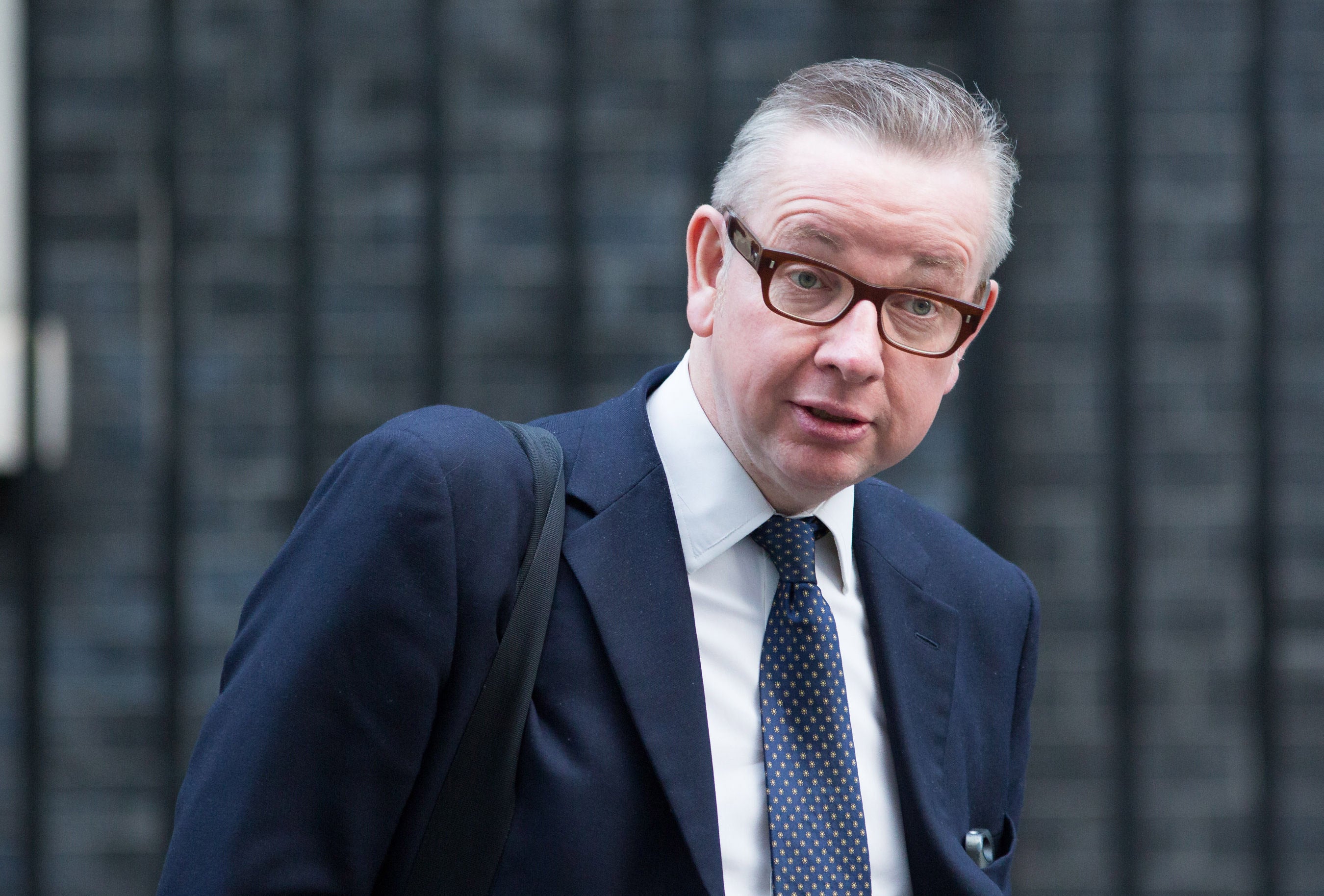Controversial new financial penalties for anyone convicted of a crime must be urgently reviewed
The new rules mean that when defendants appear in court to submit their plea, it is no longer solely a consideration of innocence or guilt - it has become a risk calculation

Your support helps us to tell the story
From reproductive rights to climate change to Big Tech, The Independent is on the ground when the story is developing. Whether it's investigating the financials of Elon Musk's pro-Trump PAC or producing our latest documentary, 'The A Word', which shines a light on the American women fighting for reproductive rights, we know how important it is to parse out the facts from the messaging.
At such a critical moment in US history, we need reporters on the ground. Your donation allows us to keep sending journalists to speak to both sides of the story.
The Independent is trusted by Americans across the entire political spectrum. And unlike many other quality news outlets, we choose not to lock Americans out of our reporting and analysis with paywalls. We believe quality journalism should be available to everyone, paid for by those who can afford it.
Your support makes all the difference.During my 18 years on the bench, I have known nothing cause as much angst and concern among magistrates as the mandatory criminal courts charge.
This seismic change to the criminal justice system, which came into effect on 13 April, means that when defendants appear in court to submit their plea, it is no longer solely a consideration of innocence or guilt. It has become an economic risk calculation.
The principle that guilty offenders should contribute, where possible and appropriate, to the justice system is one few can reasonably disagree with. But our members are telling us this is not what is happening in court.
They are seeing defendants falling foul of a perverse incentive to plead guilty and swallow a £150 charge for a summary offence rather than risk conviction and a £520 charge after trial. In more serious, “triable either way” offences, the charge is £180 for a guilty plea or £1,000 for a guilty verdict.
For many defendants, most on very low incomes, the threat of a financially ruinous charge prompts the question: Why take the risk? Just plead guilty. And because magistrates deal with over 90 per cent of all criminal cases, it is in their courts that this charge is most acutely felt.
As a part of the sentencing guidelines, fines can be adjusted by magistrates according to the seriousness of the offence, the offender’s income, and proportionality and fairness.
Not so with this mandatory charge. It is fixed. It is levied without any recognition of the offender’s income, nor of proportionality or fairness. The hands of magistrates and judges are tied.
The Independent has drawn attention to some of the unfair outcomes. These could be avoided if magistrates, who give their time freely to administer the law, had discretion over the charge and its application – using their skills, built through experience and training, to arrive at just outcomes.
We conservatively estimate that 50 or more magistrates have resigned from the bench since the charges took effect. We lament their loss.
The policy’s stated aim is to make the offender pay and to help fund the courts system. The late Lord Bingham of Cornhill, in R v Northallerton Magistrates’ Court ex parte Dove 2000, stated “the [court] costs ordered to be paid should not in the ordinary way be grossly disproportionate to the fine”. The charge, in effect, does exactly what he warned against.
And there is no evidence to suggest it will be collected anyway. You need only look at the collection rates of fines to see how dire they are.
Couple that with the financial status of the majority of defendants, which often contributes to the motivation for offending, and it is difficult to take seriously arguments for funding the courts.
So what can be done? There is one man who can begin repairing this situation and stop the unfairness in its tracks. And that’s the Lord Chancellor, Michael Gove.
In Parliament on Tuesday, Mr Gove said “we are going to review the criminal courts charge” – but only after it has been “given time to bed in”.
The fact is that now, less than six months since it was introduced, manifestly unjust and disproportionate outcomes are being observed; magistrates are resigning; and judges are expressing concerns. Lord Chancellor, please urgently review the charge now.
Join our commenting forum
Join thought-provoking conversations, follow other Independent readers and see their replies
Comments